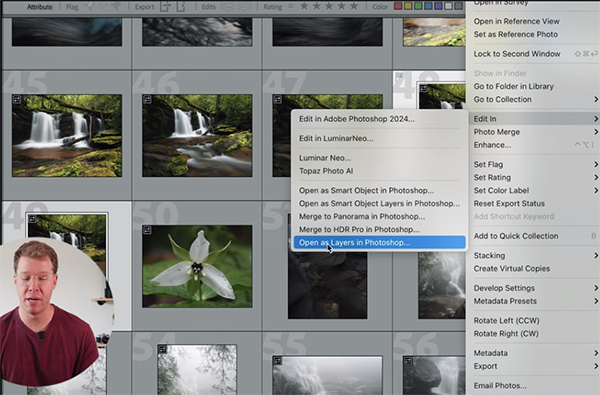Shoot Sharper Outdoor Photos with This Focus Fix (VIDEO)
One sure way to ruin a great landscape scene is to miss focus entirely or focus on the wrong area within the frame. We’ll solve that dilemma in the next seven minutes with a tutorial from Landscape Photography University— a curriculum designed “to inspire you with helpful tips that leave confusion and burnout behind.”
Instructor David Johnston puts it like this: “There’s no worse feeling in landscape photography than thinking you got the photo in focus and then learning that you didn’t.” His goal for this episode to help you achieve proper focus every time under a variety of outdoor situations so you can concentrate on other elements that contribute to successful images.
One critical consideration is the concept of depth of field. And this involves understanding how to expand or contract the zone of sharpness as pertains to the foreground, background, and midrange of a shot. Johnston demonstrates how this works, and why the f/stop you choose is a key contributor to getting things right.

You’ll also learn why your camera’s orientation—namely level to the ground, pointed up, or aimed down—factors into the effect you create. For example, “if you’re shooting vertically and tilting the camera forward you’re creating a larger foreground and pulling more of the subject into the bottom of a photo with more elements closer to the camera.” And this has serious implications for where focus falls.
In this situation it may be impossible to achieve sufficient depth of field, even when shooting at f/16 or f/22. The solution that Johnston provides is to capture two images of the same scene, one focused on the foreground and another with the focus point set further back. Then it’s simple matter to merge the two shots during post processing by following Johnston’s straightforward instructions.
This is a popular technique known as “focus stacking,” and Johnston walks you through the step-by-step procedure. You see why enabling the Auto Align Layers option works wonders to register the two images—just in case you moved the camera slightly from one shot to the next. This approach also corrects another potential misalignment problem known as “focus breathing.”

There are a few more valuable tips in the remainder of the video, and by the time you’re done watching there’s a very good chance that you won’t have to suffer the disappointment of missing focus and spoiling an otherwise great shot. The Landscape Photography University YouTube channel is a great resource for everyone who shoots outdoors, so be sure to take a look when you have time to explore.
We also recommend watching our recent tutorial with several powerful autumn landscape photography ideas and techniques from a successful Romanian pro.




